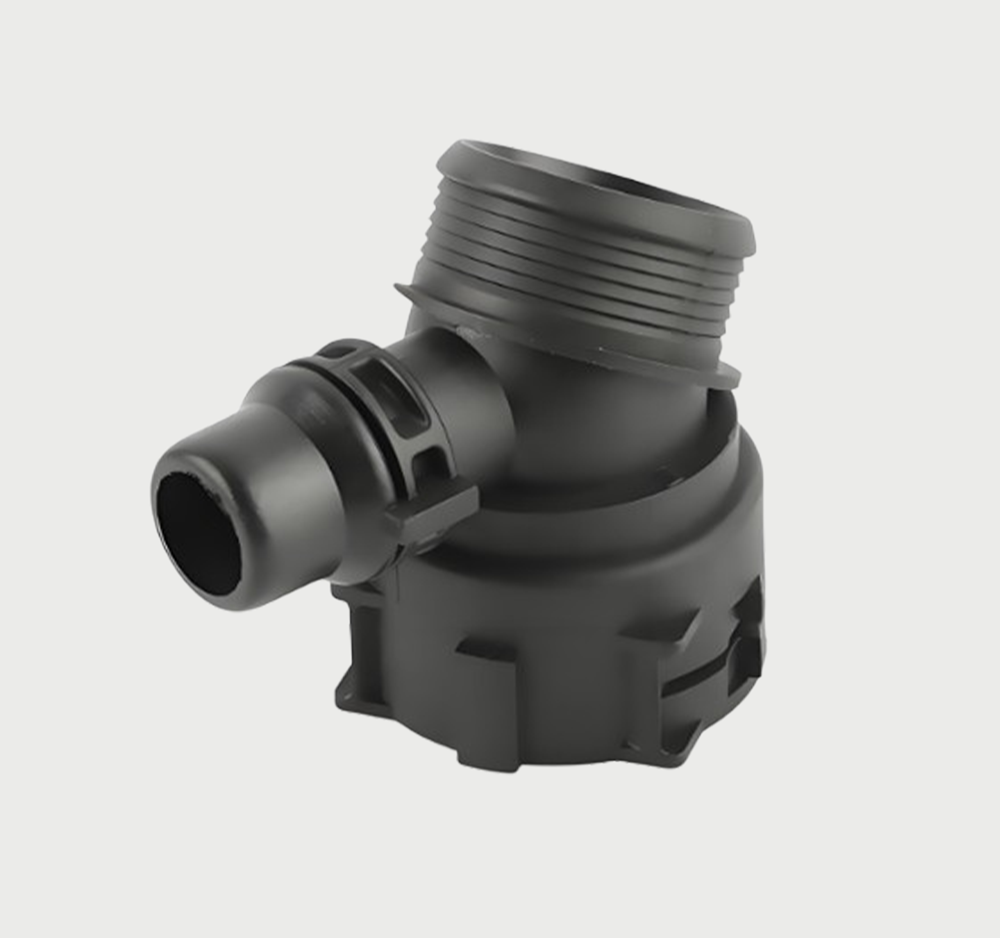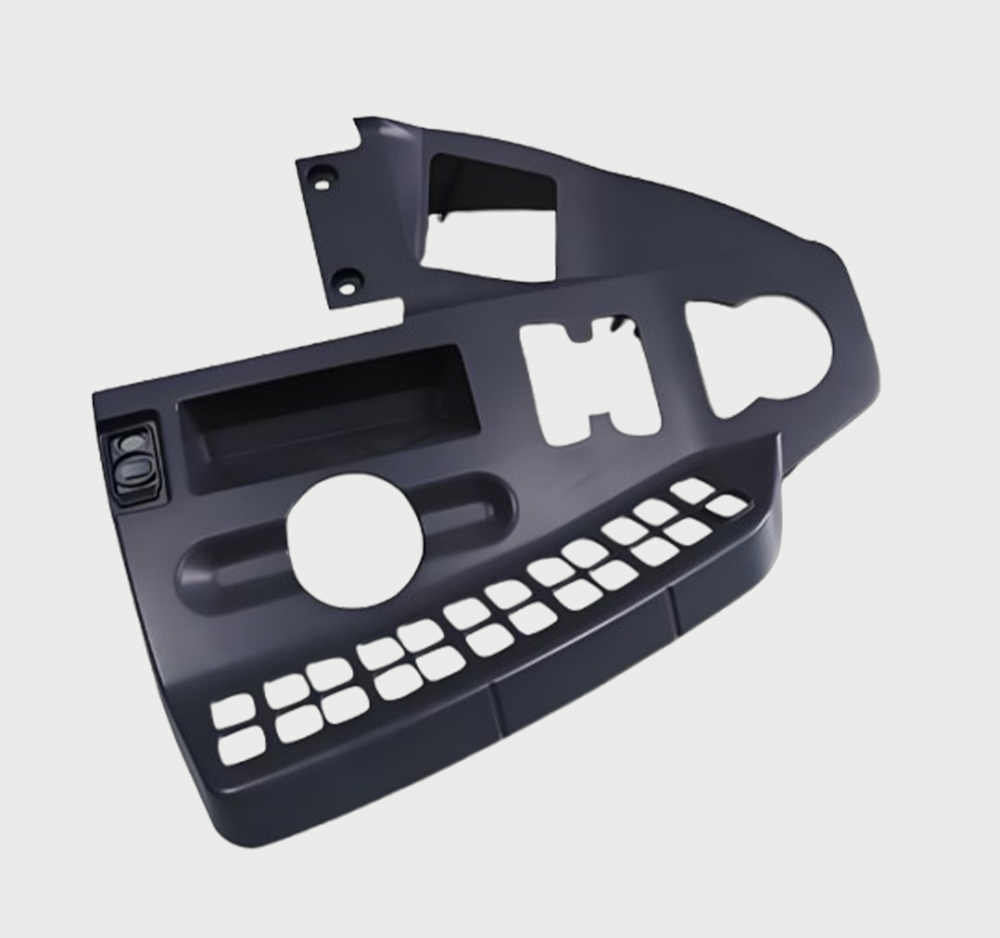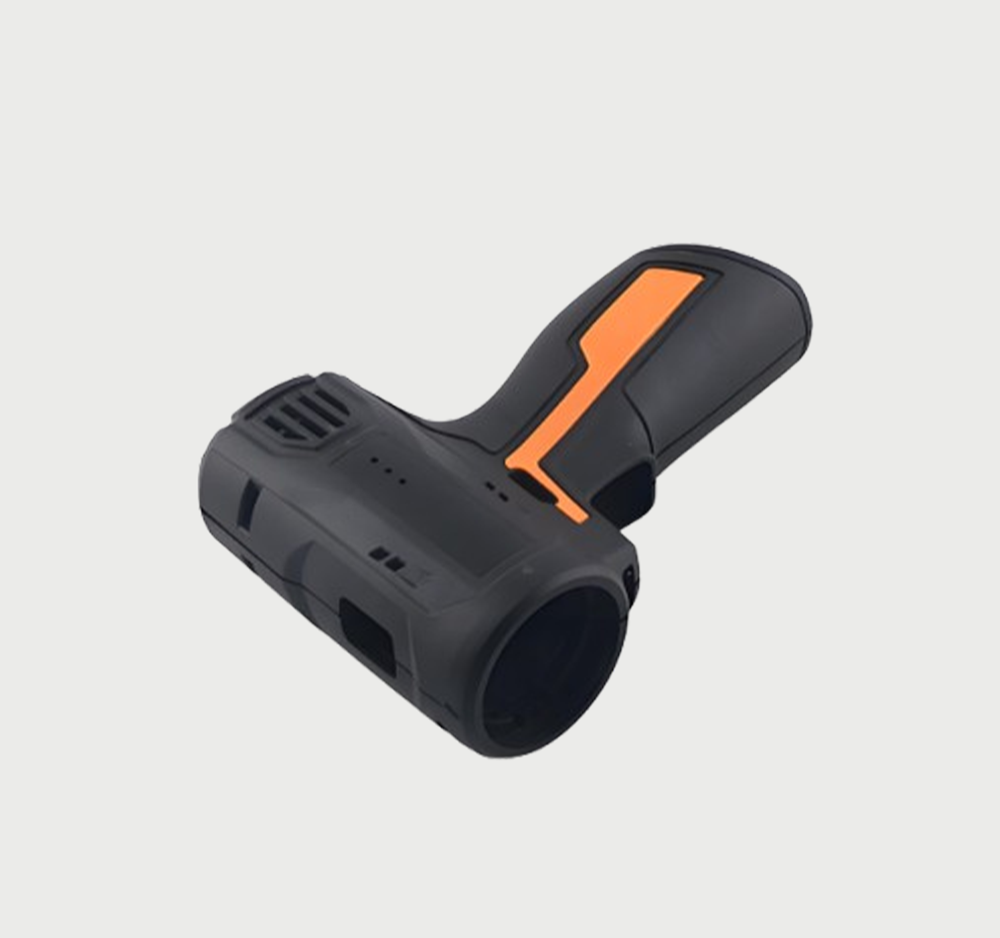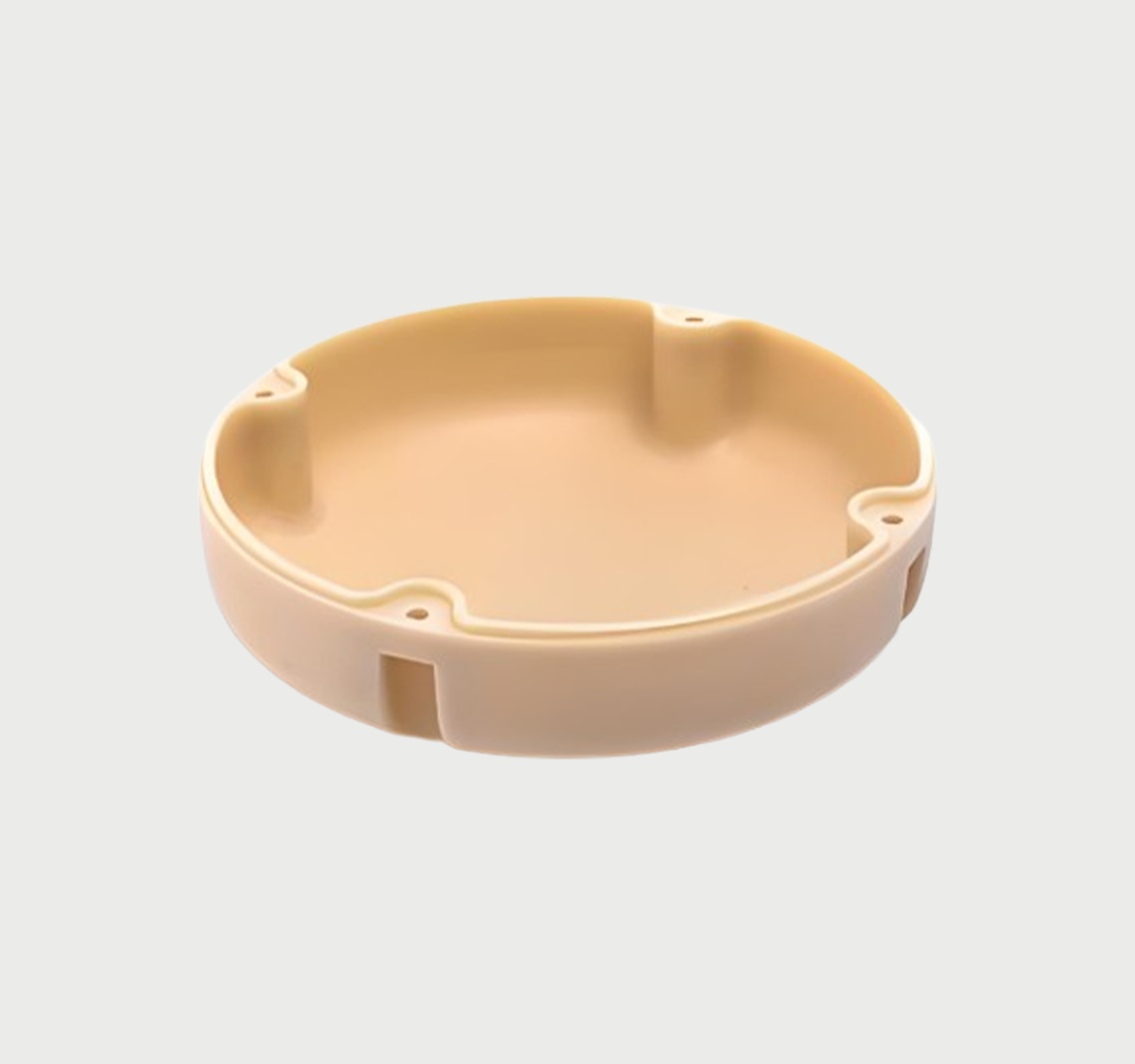Electrical Accessories
Electrical accessories are precision-engineered components crafted from high-performance materials such as PET, POM, PC, PA6, PPA, ABZ, PP, TPU, TPE, and PMMA. With a precision tolerance of ±0.10mm, these components are manufactured using advanced molding techniques, including silicone rubber molds, epoxy resin molds, aluminum molds, and steel molds. These processes ensure exceptional dimensional accuracy, durability, and consistent performance. Designed to meet the demanding requirements of electrical systems, these accessories provide reliable insulation, stability, and safety, making them essential for a wide range of applications in industrial, commercial, and residential electrical installations.













